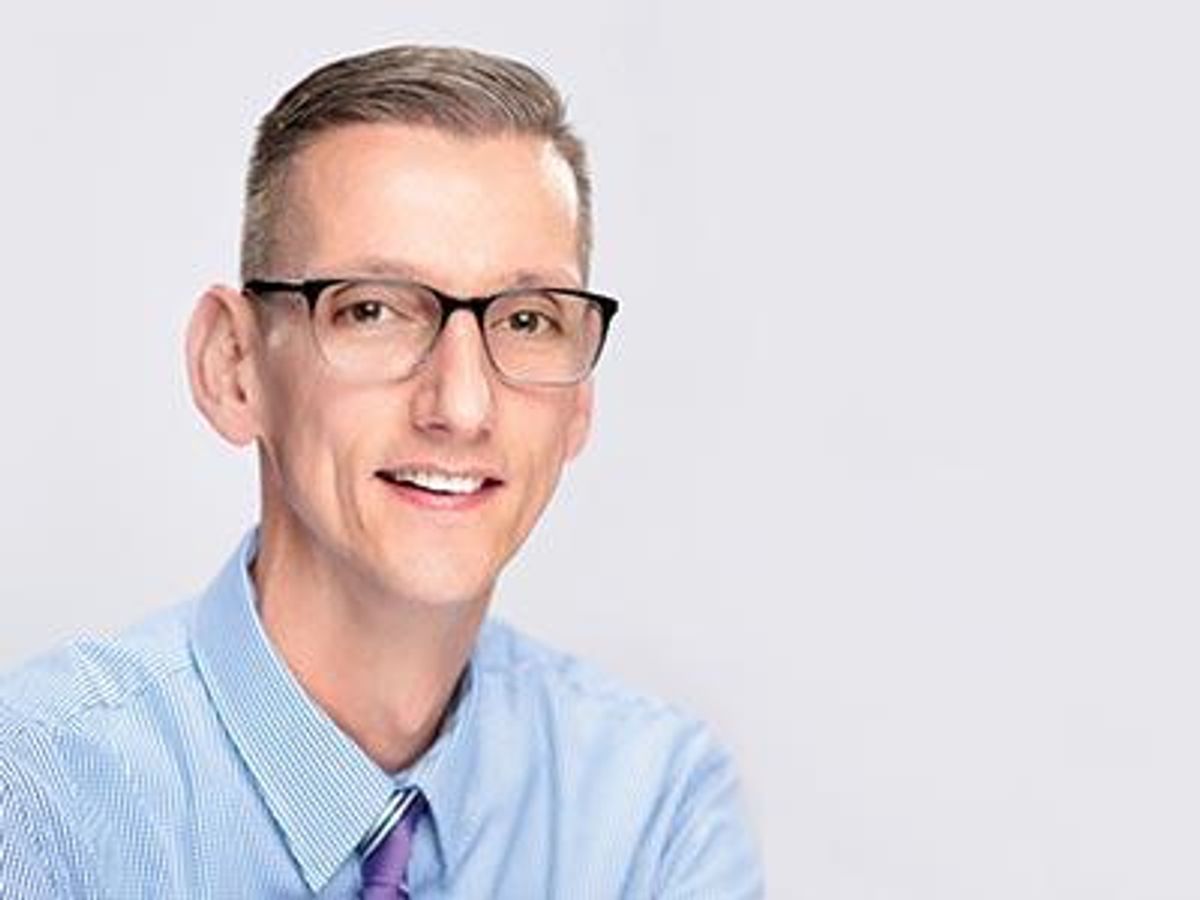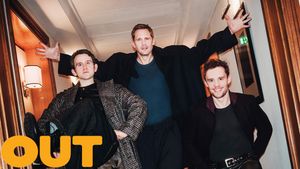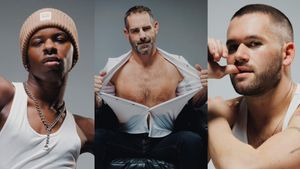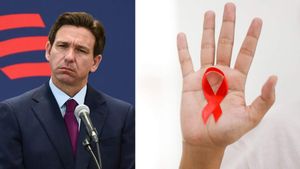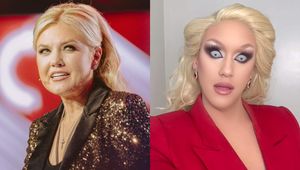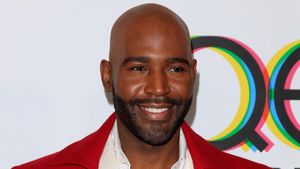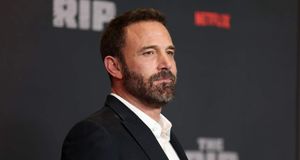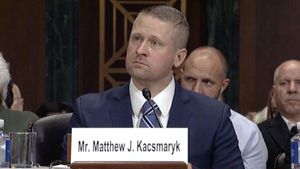To some, the phrase “life coach” evokes images of affluent people frivolously spending money on a yes-man to tell them what they want to hear — validation for those who can afford it. But Christian Hutchinson is seeking to change that notion. The HIV-positive, Orlando, Fla.–based life coach helps other poz people, especially those who are newly diagnosed, navigate through the all negativity in their lives.
“The reality is there are many circumstances in life we can’t change or control,” says Hutchinson, who has lived with HIV for over 20 years. “The one thing we can control is how we respond to them.”
He says that life’s biggest challenges often offer up the opportunity to redefine our priorities and get clear on how we want to spend our time and who we want to spend it with. “But if we are stressed by our circumstances or we’re living by old priorities, it can be very difficult to move forward,” Hutchinson adds. Coaches help people with HIV navigate through all this efficiently and make sustainable changes in how they approach life.
He works with clients to help them understand the impact their thoughts have and “how to break away from those that drain their energy and know how to focus on the ones that help them to design the life they want and be their own source of positivity instead of relying on outside sources for that feeling,” he says.
But don’t be fooled into thinking life coaching is just talking about feelings. According to Hutchinson, the secret to his particular brand of coaching HIV-positive clients all starts with the awareness of the impact of choices, actions, and thoughts.
“We identify what it is the client wants and the obstacles, both internal and external, that are holding them back. From there, we use a variety of approaches and accountability to overcome those obstacles,” he says.
“With HIV, as with any chronic illness, people are often faced with making different lifestyle choices they need to implement. This requires behavior change. The greatest challenge to implementing new behaviors is stress. It messes with the wiring of the brain and impacts our ability to create sustainable changes. The sooner we can start reducing the stress and overwhelm, the more ability clients have to make the changes that will support their well-being.”
And through his work, Hutchinson not only helps others but learns a lot about himself. The coach says that each client he helps also expands his own way of thinking about all aspects of living.
“Coaching helps me to be stronger in my own values and purpose in life,” he says. “It reminds me that my journey may not be the same as my neighbors’ and to be OK with this truth.”
Still, it’s his partner of 27 years, Tim, who is his “inspiration and my unspoken hero,” he says. “He has stood with me for nearly 27 years, with 20 of those years living courageously as a partner to someone living with HIV. He remains HIV-negative to this day.”
